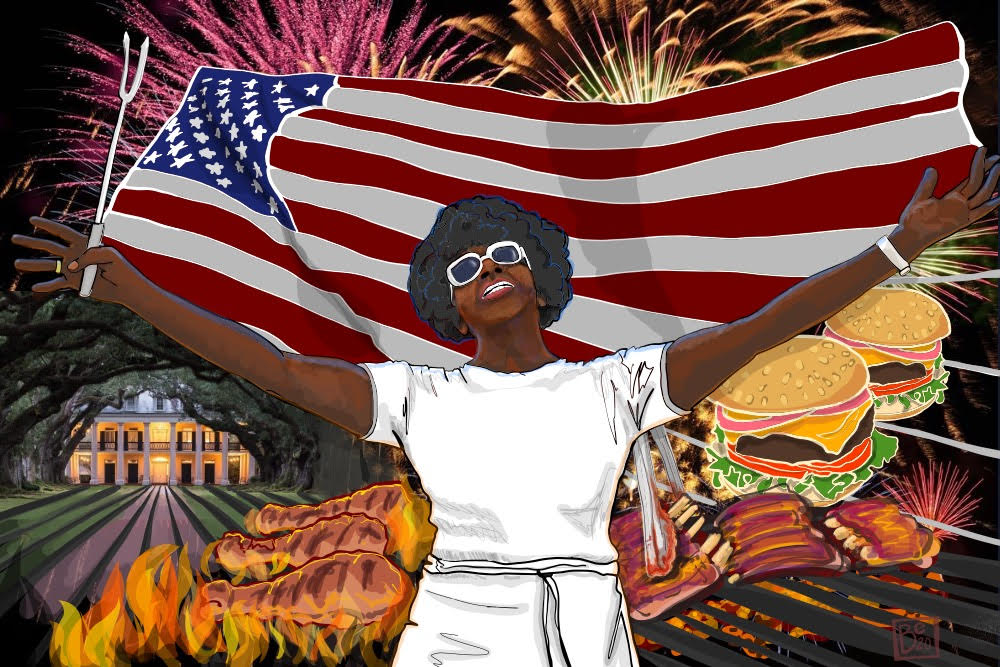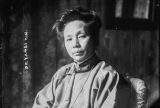Why Americans Still Eat Barbecue on July Fourth
More Than Two Centuries Ago, Roasted Meat Met Independence Day and Hasn’t Left the National Consciousness Since
Dearly beloved, we are gathered in this moment to celebrate the culinary union of barbecue (a.k.a. barbeque, bar-b-que, bar-b-q, and BBQ) and Independence Day (a.k.a. July 4 or “the Fourth of July”). This moment is a culmination of the Founding Fathers generation’s need for the right to party.
In the early history of our republic, Independence Day was often the biggest community festival of the year. Barbecue, which developed as a new, fusion cuisine well-suited for festive occasions by the late 1600s and early 1700s, became the ultimate party food …










